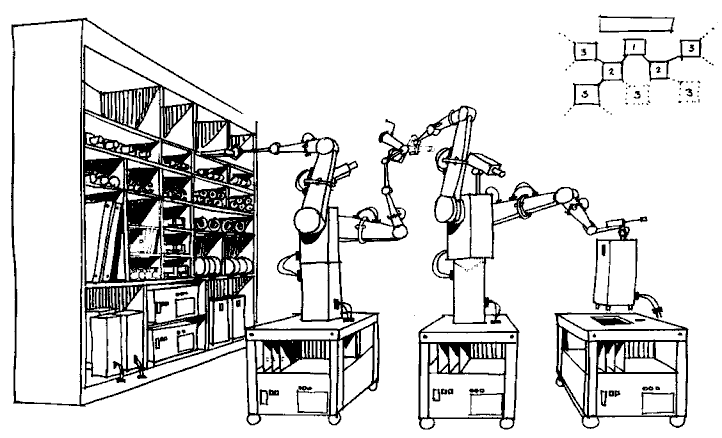Cognitive dissonance: should data scientists feel threatened by cognitive computing?

Data scientists enjoy seeing the progress made in their profession. The field of cognitive computing, with its related technologies such as deep learning, will surely be the next big trend to watch in the coming years. See, for example, this article from Tom Davenport. Tom also will soon be publishing a book on the topic.
But an associated concept of cognitive computing is the notion that computers can replace humans in many tasks. Lawyers, doctors, accountants, financial advisors — these professionals are among the ones considered to be targets for replacement by thinking and learning computers through automation. IBM is convinced of this. So much so that they are sinking untold millions into Watson.
This is where the little play on the phrase “cognitive dissonance” (conflict) comes in for data scientists. As the architects and engineers of these systems, might our own profession be threatened by the automation that comes from these very systems we promote? Imagine learning machines that can be trained to build predictive models.
The answer is made clear when you consider whether it is augmentation or automation. Indeed, while automation is the primary outcome of cognitive computing, it does not necessarily suggest the full replacement of the human element. In fact, in most cases, humans are augmented by these technologies, making the humans more productive.
For quite some time we have seen the automation of tasks done by a statistical modeler. Although these more often considered to be “expert systems”, software products such as SAS Forecast Server automate the tasks of building time series models at scale (many thousands, if not millions, of models). And the new SAS Factory Miner does the same with predictive models.
As an implementer of systems with these kinds software products, First Analytics has never seen the replacement of analytics professionals. In fact, their productivity has been amplified by the use of these tools. They can accomplish much more in terms of the volume of work, quality of work and the impact that comes from better analytics.
Data scientists and analytics professionals will need to adapt and perhaps modify the vision of their career path as these technologies take hold — just as will any other professional. But as the designers and implementers of these systems we would expect that they would best be suited for that adaptation.
